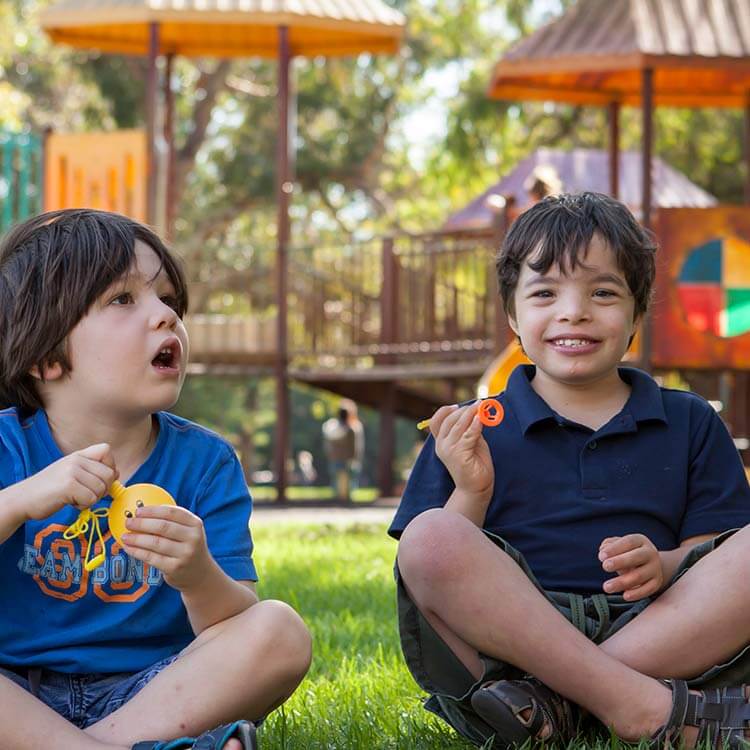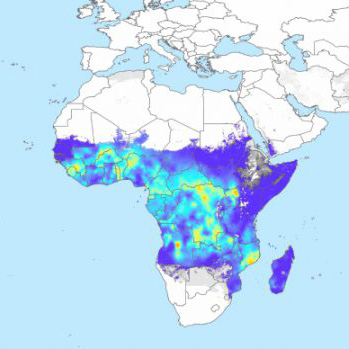Search
Showing results for "Au"
The Opportunity This position provides an opportunity to be part of an exciting research agenda and a growing team of dedicated professionals. This
identifying mechanisms of cancer development generation of appropriate models of these diseases evaluation of novel therapeutics and translation of discoveries into the clinic
RA to support clinical paediatric anaesthesia research projects
We are looking for someone who can bring both technical (platform administration) skills and a vision (solution implementation/direction) to the table.

Visually track the progress of research along a clear pathway towards real world impacts.

The Global Disease Modelling group informs development and implementation of drugs, medical treatments and non-medical interventions to effectively tackle disease. They build mathematical models of diseases, designed to take into account the complex constellation of interactions between pathogens, humans, diseases, the environment and entire healthcare systems.

Improving the lives of children with a disability and their families sits at the core of our team.

The Infectious Disease Ecology and Modelling team led by Professor Nick Golding, combines mathematical and statistical modelling, ecology, and public health to address malaria and other infectious and vector-borne diseases. The team uses modelling and maps to measure the risk posed by some of the world’s most important and neglected diseases – including malaria, Japanese Encephalitis Virus and Covid-19 – and provide rapid modelling analyses to policy makers.
Research
Lung abscess: 14 years of experience in a tertiary paediatric hospitalLung abscess is a rare condition in paediatrics with a paucity of literature. Intravenous antibiotics is the main therapy; however interventional radiological approaches have led to the use of percutaneous drainage. Surgery is reserved for the management of complications.
Research
Improving the Diagnosis and Treatment of Paediatric Bronchiectasis Through Research and TranslationBronchiectasis, particularly in children, is an increasingly recognised yet neglected chronic lung disorder affecting individuals in both low-to-middle and high-income countries. It has a high disease burden and there is substantial inequity within and between settings. Furthermore, compared with other chronic lung diseases, considerably fewer resources are available for children with bronchiectasis.
